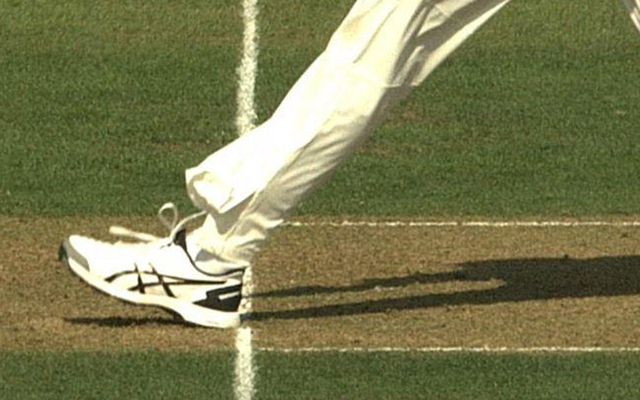India vs West Indies: Third Umpire to adjudicate front-foot no balls in ICC trial during the T20I series
The benefit of the doubt in terms of close calls continues to stay with the bowler.
2 Min Read


One of the biggest talking points in cricket in the past few years has been around the ever-increasing errors that the on-field umpires are committing when it comes to detecting the no-ball. In order to reduce the errors, the International Cricket Council (ICC) has now decided to use the third umpire who will only be responsible for detecting a no-ball.
And, the move is set to be tried in the upcoming India-West Indies Twenty20 International series, starting from December 06, the ICC announced on Thursday. The decision to employ the third umpire as the adjudicator of the front foot no balls was taken in August earlier this year.
The ICC had first trialled the method in a 2016 ODI series between Pakistan and England. However, following the recommendation by its cricket committee to use the method again in as many limited-overs fixtures as possible, they have decided employ it again.
According to the rule, the third umpire will be monitoring the front-foot no-balls and if an infringement takes place, he’ll communicate the same to the on-field official who will subsequently call it a no-ball.
“Throughout the trial, the Third Umpire will be responsible for monitoring every ball bowled and identifying whether there has been any front foot infringement. If there has been an infringement on the front foot, the Third Umpire will communicate this to the On-Field Umpire who will subsequently call a no-ball. As a result, the On-Field Umpire will not call a front foot no-ball without the advice of the Third Umpire,” ICC said in its statement.
Benefit of doubt stays with the bowler, clears ICC
The ICC also added that in the case of close-calls, the benefit of the doubt will go to the bowler. “..and if a late no-ball call is communicated, then the On-Field Umpire will rescind a dismissal (if applicable) and call no-ball. The On-Field Umpire will remain responsible for other in-game decisions in the usual way,” the statement further read
The world cricketing body will decide after the series whether to continue with this process after analysing the accuracy of the decisions made. “The outcomes of the trial will be used to gauge whether the system has a beneficial impact on the accuracy of no-ball decisions and whether it can be implemented while minimizing disruption to the flow of the game,” ICC further added.
Watch – Dane Vilas plays an outrageous scoop shot
Download Our App